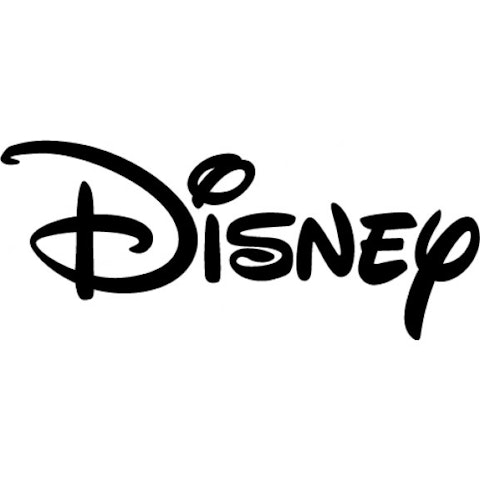Last week I highlighted The Home Depot, Inc. (NYSE:HD) and how its recently announced $17 billion share buyback program would possibly affect the company moving forward. Today, I’d like to stick with how a company’s capital allocation may affect long-term shareholder value. With that in mind, let’s take a look at how The Walt Disney Company (NYSE:DIS)‘s purchase of Lucasfilm has the potential to provide great returns to investors and one rising threat to Mickey’s dominance.
But first, Disney has performed well thus far in 2013, and at this time investors would have been better suited buying shares of Disney as opposed to a typical index fund. While the Dow Jones Industrial Average 2 Minute (Dow Jones Indices:.DJI) is currently up an impressive 9.87%, shares of Disney have risen 15.26% year to date. That kind of performance has also made Mickey the third best performing Dow component of 2013.

The Walt Disney Company (NYSE:DIS)’s studio entertainment revenue is the only area that experienced revenue decline on a quarterly year-over-year basis. The inconsistent nature of the movie industry may be one reason Disney has purchased a number of known entertainment franchises over the past few years. Back in 2010 the company bought Marvel Entertainment, best known for the Marvel Comic books and characters the company has developed over the years. Marvel was a well-established brand, from which Disney could easily take known characters and stories and turn them into movies, merchandise, and, most importantly, cash with very little effort and risk.
But anytime something new is attempted, hiccups are to be expected. The Walt Disney Company (NYSE:DIS)’s Marvel misstep was the John Carter debacle, but things quickly turned around, and the idea of taking known characters has played out very well for Disney in The Avengers.
Lucasfilm
With the purchase of Lucasfilm, Disney now has another franchise that is not only well established and known throughout the world but also has a ravenous fan following. When Disney made the purchase for slightly more than $4 billion, it announced that Star Wars: Episode VII will be released sometime in 2015. It has been estimated that the previous six episodes have brought in more than $30 billion in revenue.
If Episode VII performs similarly to the others, this one movie — if the cost of producing the film doesn’t run over $1 billion — could essentially pay for the entire Star Wars franchise. From the get-go, the film already seems to be building steam and could perform as well as, if not better than, the previous six episodes. This week it was announced that the original actors who played Han Solo, Luke Skywalker, and Princess Leia will return for the newest film. Investors enjoyed the news and pushed shares of Disney higher by 1.9%.
A storm on the horizon
While The Walt Disney Company (NYSE:DIS)’s movie studio seems that it may just be heating up, the company’s media networks may soon be showered with a cold bucket of ice. This past week it was announced that News Corp (NASDAQ:NWS).‘s Fox is developing its own all-sports network to compete with The Walt Disney Company (NYSE:DIS)’s dominant ESPN franchise. ESPN is no longer the only kid on the block, and Fox’s sports channel will just be another option in a long list of sports-focused channels, but Fox has proved in the past that it can build a brand from scratch and, while perhaps not becoming the dominant force, can at least make a difference as a smaller but still powerful player.
When asked about the new competition, ESPN President John Skipper said, “They’ve got the resources of News Corp., and the willingness that Fox has shown in the past to take big bets and to create a difference.” But he added: “We like our hand. We just have to play it well.”
For the next few years, Disney and ESPN don’t have very much to worry about in terms of competition from Fox, but investors need to keep an eye on general sports content costs and which broadcaster is winning the contracts. If ESPN begins losing the rights to air major sporting events, not only will the franchise take a hit, but The Walt Disney Company (NYSE:DIS)’s largest revenue-producing unit might stop growing or even begin shrinking.
The article Dow Spotlight Stock of the Week: Walt Disney originally appeared on Fool.com and is written by Matt Thalman.
Check back Monday through Friday as Matt explains what caused the Dow’s winners and losers of the day, and every Saturday for a weekly recap. Follow Matt on Twitter: @mthalman5513. Fool contributor Matt Thalman owns shares of Walt Disney. The Motley Fool recommends Home Depot and Walt Disney and owns shares of Walt Disney.
Copyright © 1995 – 2013 The Motley Fool, LLC. All rights reserved. The Motley Fool has a disclosure policy.





